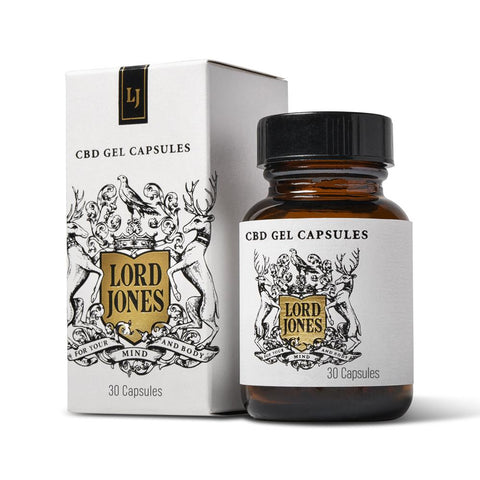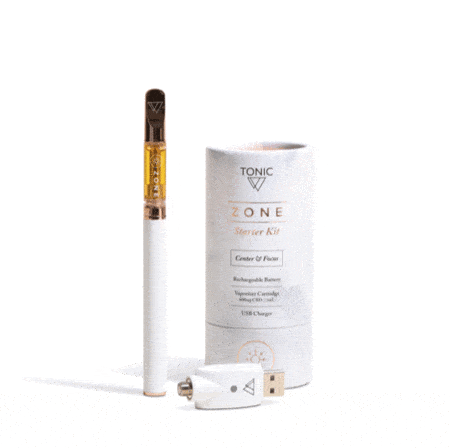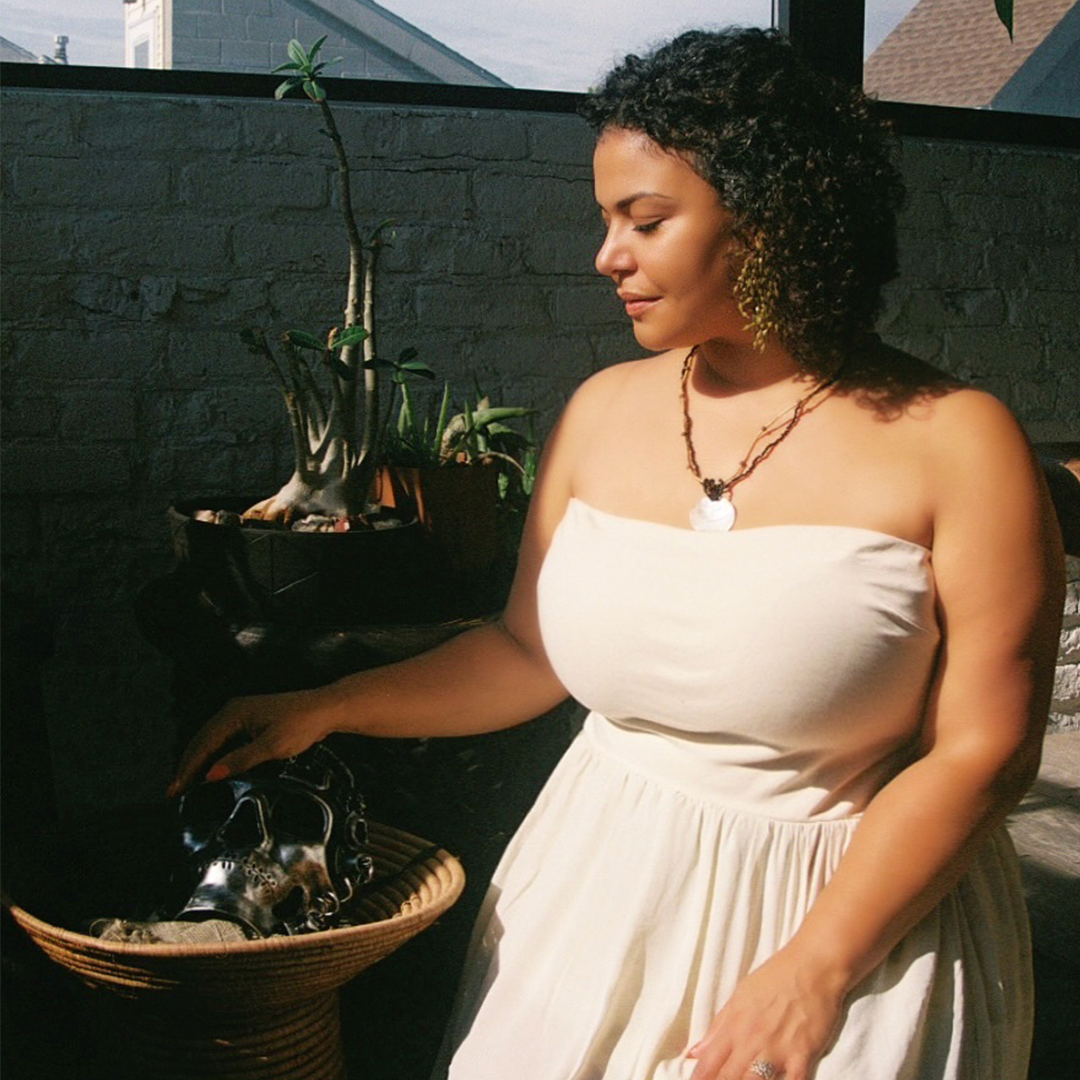According to the Anxiety and Depression Association of America, anxiety affects 40 million Americans and that's not even counting the millions of others dealing with everyday, old fashioned stress.
And as anyone with frequent high stress can attest, people that live with it will try almost anything to make it go away. Recently, cannabis—and particularly CBD—is showing promise in the management of stress. Right now the pharmaceutical options can be heavy hitting, and some can have bothersome side effects like sedation and libido changes. Taking benzodiazepines as anxiolytics, or stress fighters, is a completely normal treatment route, but it can be complicated for long term or chronic anxiety. In some cases, benzos and barbiturates can cause addiction, suicide, and withdrawal if misused, and that’s pretty scary.
While medication is often an incredibly necessary part of maintaining optimal mental health, more and more people are finding alternative or complementary solutions, minus the side-effects. Cannabis holds the promise to be just that in some cases.
Indeed, CBD is excelling in the case of stress caused by PTSD, a complex condition that involves multiple treatment angles. Studies seeking solutions for this issue are looking at how CBD can help people suffering from PTSD rework neural pathways to help minimize painful or scary memories and the responses they can trigger.
What Does Research Say?
Fear and its effect on the body is one of the hardest parts of stress to cope with in a practical manner. By ‘retraining’ the brain to deal with specific fearful experiences, the intense body symptoms we experience when responding to fear can be dealt with and hopefully managed. If CBD can help people lose the sweaty, muscle tightening, awareness exploding way that our brain tells us to fight or flight, it would be a huge boon to mental health and wellness therapies.
Another review that analyzed stress in animals suggested that CBD may be a good choice for anxiety disorders, though it noted the need for more controlled clinical studies to develop more reliable data patterns. Anecdotal evidence of relief has gotten CBD pretty far, but repeatable and consistent treatment is really how cannabinoids could change the pharmaceutical world. The goal is really to resolve health problems, not to only mask symptoms, and that can’t happen without rigorous research and development.
One interesting study measuring anxiety in people doing public speaking showed a surprising observation; that smaller doses of CBD are ideal for treating stress, versus the larger doses that seem to help more for sleep aids or pain relief—citing a bell curve effect with dosing that usually finds the middle dose to be the most anxiolytic, or stress-reducing—though this isn’t understood to the degree needed for precision in prescribing.
What Does This Mean for Me?
You can get this baseline from capsules, tinctures, and vapes, which allow for controlled dosing in all amounts, big and small. Though edible, topical, and drinkable cannabis are great, they may not be as cost effective or useful in the case of long term anxiety management. Daily baseline cannabinoids are just about the first defense when you’re incorporating CBD into your regimen.
Try vapes for all-day microdosing, if you don’t want to carry around a tincture bottle. They’re much more travel friendly. A small, quick hit of a disposable or rechargeable vape is great for a maintenance dose for mid-day or the home stretch of a long night of work.
The different methods of consuming CBD will hopefully be analyzed thoroughly on each health issue they’re purported to improve as cannabis finally gets the deep dive it deserves. Cannabinoids like CBD—because they don’t cause the psychedelic response that THC can induce—will likely be getting even more research investment.
Fingers crossed this will lead to effective medicines and treatment plans that mitigate this life-altering condition, without any downsides.


 Lord Jones CBD Gel Capsules, $58.80
Lord Jones CBD Gel Capsules, $58.80
 Life Elements Bliss Ball CBD Bath Bomb, from $14
Life Elements Bliss Ball CBD Bath Bomb, from $14



